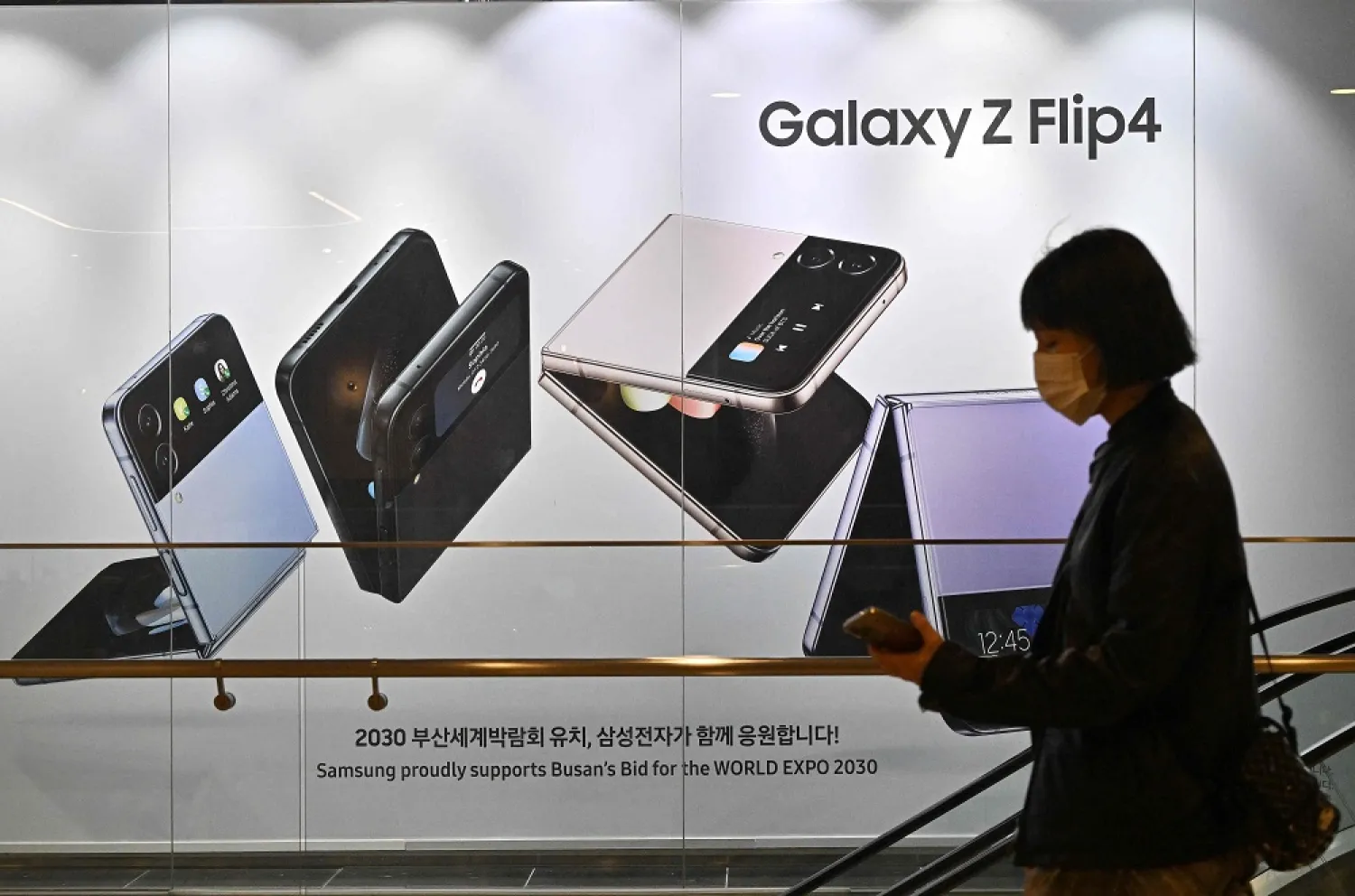India's government will push Apple, Samsung and other mobile phone manufacturers to prioritize rolling out software upgrades to support 5G in the country, amid concerns that many of their models are not ready for the recently launched high-speed service.
Prime Minister Narendra Modi launched 5G services on Oct. 1 amid much fanfare, with leading telecom operator Reliance Jio saying it would make the service available in four cities and rival Bharti Airtel in eight. Both companies said the service would be expanded next year.
But Apple's iPhone models, including the latest iPhone 14, and many of Samsung's premier phones do not have software compatible for supporting 5G in India, according to three industry sources and Airtel's website.
Concerned by this, top bureaucrats from India's telecoms and IT departments will chair a meeting on Wednesday for early 5G adoption, asking smartphone executives from foreign companies Apple, Samsung, Vivo and Xiaomi, as well as domestic telecom operators Reliance, Airtel and Vodafone Idea to be present, according to a government document seen by Reuters.
The agenda includes holding talks "to prioritize" and release software upgrades for supporting the high-speed network, the notice for the closed-door meeting stated.
Apple Inc, Samsung Electronics, Vivo, Xiaomi Corp, as well as the three domestic telecom operators, did not immediately respond to a request for comment. The government's IT and telecom departments also did not respond.
India has said that launch of 5G in the world's biggest mobile market - after China - will bring high-speed internet to consumers, with simultaneous socio-economic benefits in sectors like agriculture and health.
In August, Jio, India's biggest mobile carrier with more than 420 million customers, snapped up airwaves worth $11 billion in a $19 billion 5G spectrum auction. Airtel spent more than $5 billion, while Vodafone doled out above $2 billion.
While telecom players and smartphone companies have been holding discussions with each other, ironing out compatibility issues between the specific 5G technology of telecom companies in India and phone software is taking time, one of the industry sources said.
Airtel's website on Tuesday showed "Apple yet to update software" for all of Apple iPhones' 12 to 14 models under its 5G compatible section. For Samsung too, many models were not ready, Airtel stated, while more than three dozen models of China's Xiaomi and Vivo were shown as ready for use with its 5G service.
"Apple has been taking a lot of time. Airtel has been concerned about this as many of their premium clients are on Apple devices," said a second industry source with direct knowledge of the situation, who added Apple and Airtel have been holding talks.
A third source with direct knowledge of the issue said Apple was in the process of testing and validating different 5G offerings from network providers in India.
Lack of 5G software upgrades has already irked users.
On Sunday, the CEO of SoftBank-backed Indian digital payments firm Paytm, Vijay Shekhar Sharma, tagged Airtel in a tweet to say he bought a Google Pixel 6a phone only to use 5G, but it was not showing the network as an option in New Delhi. Later, he asked Google for a software upgrade in a tweet.
In response, a Twitter user, Mudit Mathur, posted screenshots showing his exchanges with Google Support team that told him the company was working with Indian telecom carriers to turn on 5G functionality on its phones "as soon as possible", targeting a December timeline.
Google did not respond to a request for comment.









